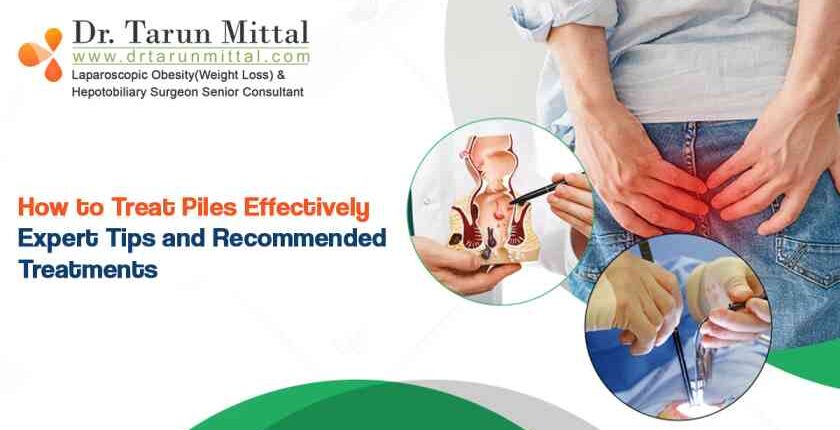Piles, also known as haemorrhoids, are swollen veins in the lower rectum or anus, causing discomfort, pain, and sometimes bleeding. While common, they can be effectively managed with the right approach. If you are looking for piles treatment in Delhi, expert guidance from renowned specialists like Dr Tarun Mittal at Sir Gangaram Hospital can help you find the best solution.
In this blog, we will discuss effective treatments, expert-recommended tips, and lifestyle changes to relieve and prevent piles.
Understanding Piles: Causes and Symptoms
Piles can be internal (inside the rectum) or external (around the anus). They develop due to excessive pressure on the veins in the anal region. Some common causes include:
Chronic constipation or diarrhoea
Straining during bowel movements
A low-fiber diet
Prolonged sitting, especially on the toilet
Pregnancy and obesity
Common Symptoms:
Pain or discomfort during bowel movements
Itching or irritation around the anus
Swelling and lumps near the anal region
Bright red blood in stools
Expert Tips for Managing and Treating Piles
1. Home Remedies and Lifestyle Changes
For mild to moderate piles, simple home treatments can provide relief.
Increase Fiber Intake – Eat fibre-rich foods like whole grains, vegetables, and fruits to soften stools and reduce strain during bowel movements.
Stay Hydrated – Drinking plenty of water prevents constipation, a major trigger for piles.
Warm Sitz Baths – Soaking the anal area in warm water for 10–15 minutes several times a day helps reduce swelling and discomfort.
Exercise Regularly – Light physical activities, such as walking or yoga, improve digestion and prevent constipation.
Avoid Straining – Never force bowel movements, as this worsens haemorrhoids.
2. Over-the-counter and Medical Treatments
If home remedies do not provide relief, over-the-counter medications such as pain relievers, topical creams, and suppositories can help manage symptoms.
Some common treatments include:
-
- Topical Ointments – Anti-inflammatory creams containing hydrocortisone can relieve itching and swelling.
-
- Stool Softeners – These help ease bowel movements, reducing strain on piles.
-
- Pain Relievers – Over-the-counter medications like ibuprofen or acetaminophen can help manage pain.
3. Advanced Medical Treatments
For persistent or severe piles, consulting an expert like Dr Tarun Mittal at Sir Gangaram Hospital is recommended. Some advanced medical procedures include:
-
- Rubber Band Ligation – A non-surgical procedure where a small rubber band is placed around the haemorrhoid to cut off the blood supply, causing it to shrink.
-
- Sclerotherapy – A chemical solution is injected into the piles to shrink them.
-
- Laser Treatment – A minimally invasive method that uses laser energy to remove piles with minimal pain and quick recovery.
-
- Surgical Removal (Hemorrhoidectomy) – For severe cases, surgery may be required to remove large or persistent piles.
Conclusion
Piles can be effectively treated with the right combination of home remedies, medications, and expert medical interventions. If you’re experiencing persistent symptoms, seeking piles treatment in Delhi from experienced specialists like Dr Tarun Mittal at Sir Gangaram Hospital can help you get the best care. Don’t ignore the symptoms—early treatment can prevent complications and improve your quality of life.
If you or a loved one is struggling with piles, consult a specialist today for a tailored treatment plan.


